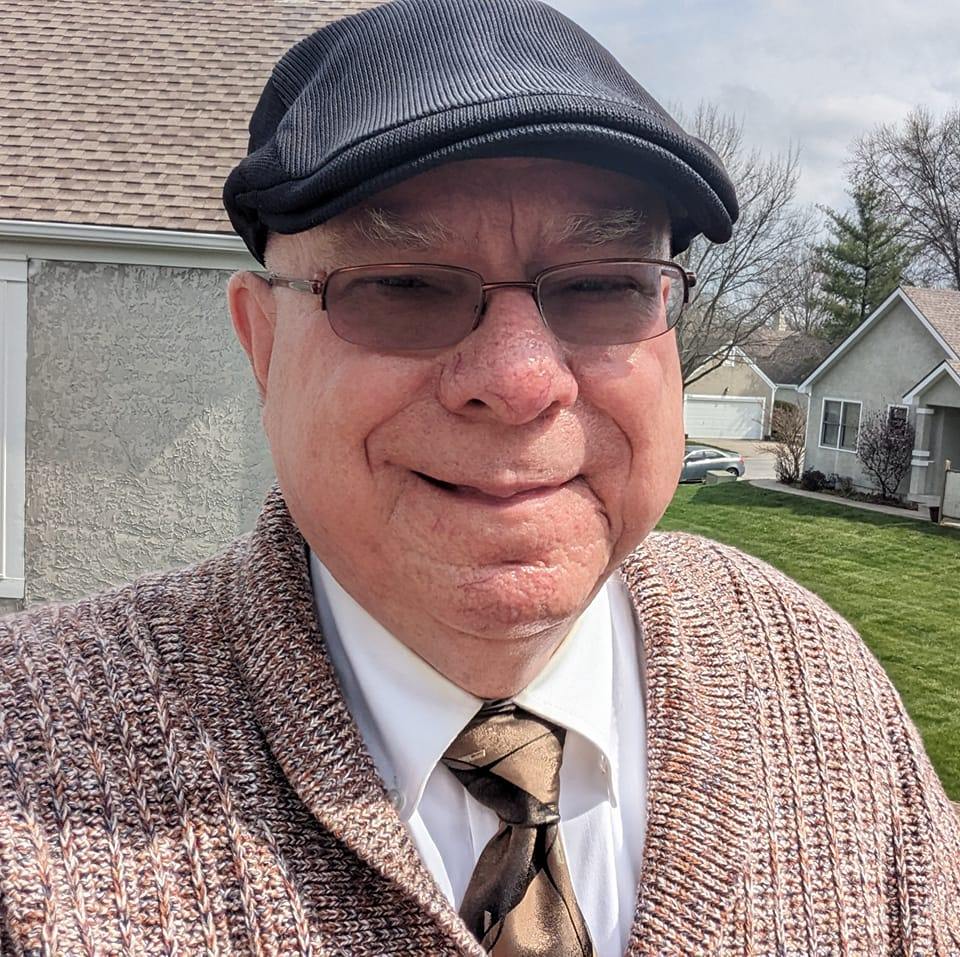The Importance of Reconnecting
 I have often been asked why the topic of “reconnecting” is such a common theme in my writings and addiction recovery training sessions. To that I can answer, there’s no more disconnected people anywhere that the homeless addict. By the time he finds himself on the streets, he has succeeded in burning every relational bridge behind him. This lack of social support will keep him locked in a downward spiral because no one recovers from addiction and homelessness by themselves. Real changes occur when such a person is able to reconnect, first, with God, then himself and, finally, with other safe people with home he can continue the journey toward wholeness.
I have often been asked why the topic of “reconnecting” is such a common theme in my writings and addiction recovery training sessions. To that I can answer, there’s no more disconnected people anywhere that the homeless addict. By the time he finds himself on the streets, he has succeeded in burning every relational bridge behind him. This lack of social support will keep him locked in a downward spiral because no one recovers from addiction and homelessness by themselves. Real changes occur when such a person is able to reconnect, first, with God, then himself and, finally, with other safe people with home he can continue the journey toward wholeness.
A. Common assumptions about the causes of homelessness – Most often in discussing the needs of the homeless and what must be done to help them, the following are assumed to be at the root of their situation:
- Lack of affordable housing
- Government policies/Welfare Reform
- Poor economy
- No employment opportunities
- Education/language barriers
- Prejudice against minorities/women
B. The real reason people become homelessness – Certainly, the issues listed above represent real challenges faced by homeless people, they are not the root cause of homelessness. In their landmark book, A Nation in Denial (Westview Press, Boulder, CO 1993), public policy analysts Alice Baum and Donald Burnes shatter many of the myths surrounding the root causes of homelessness. They contend that the condition labeled “homelessness” is best described as a state of “disaffiliation” or complete alienation from meaningful human relationships and the social support systems most people have working for them. As Christians, we might also say that it means lacking a sense of “community” or “belonging.”
C. Causes of “disaffiliation” – Based on their research, Baum and Burnes conclude that at least 65-85% of all homeless adults suffer from chronic alcoholism, drug addiction, mental illness, or some combination of the three, often complicated by serious medical problems. Of the nearly 1/3 of homeless adults who suffer from chronic psychiatric disorders, half are “dually diagnosed” – suffering from addiction to alcohol and/or drugs, as well as mental illness.
A lack from meaningful human relationships is one of the core issues of addiction. Dishonesty, blame shifting, irresponsibility, and outright abuse of those closest to them are all a part of the downward cycle of addiction. Mental illness adds even more stress and strain to family relationships. So, it is little wonder that most homeless people become alienated from their loved ones.
D. “Re-connection is the antidote for “disaffiliation” – Dean Sherman, missionary trainer with Youth With A Mission states “The quality of our lives is totally dependent on the quality of our relationships with other people.” This is why rescue mission recovery programs are most effective when they are very relationship oriented. In essence, this can summarized in what I’ve called the three re-connections of recovery – 1) with God 2) with themselves and 3) with others (especially loved ones). Most rescue mission programs do a very good job with the first reconnection – with God – which really differentiates what they do from all of the secular efforts to help the homeless.
E. Reconnecting with the Family of God – Reconnection with the Heavenly Father also comes with the promise of a new sense of “belonging” as a member of the Family of God. A well-organized long-term residential program can be the first place newly recovering people can experience this sense of community. An important component of rescue mission programs is preparing formerly homeless people to reconnect with the church. The best approach to this is to find “Rescue Mission Friendly” Churches and train sponsor families within them to help clients find their place in a spiritual community. Building a significant relationship with the local church must begin in the earliest stages of a long-term program and continue up through graduation.
Maurice Vanderberg, long-time director of Kansas City’s City Union Mission had this vision – “Our goal is to see that every program graduate becomes a mature, contributing member of a Christian community.” With this in mind, no one should ever graduate from a residential recovery program until he or she is firmly planted in a local church.
D. The role of Christian Recovery Support Groups – One of the most powerful words in the Twelve Steps of Alcoholics Anonymous is the very first word of the First Step – “”We admitted we were powerless over alcohol and that our lives had become unmanageable.” Few things are more powerful incentives for recovery than the realization that others have experienced the same struggles as we have – and overcame them. One of the challenges of the rescue mission program is integrating the principles of spiritual life and addiction recovery.
In light of this, I am convinced that Christian recovery support groups are probably the most effective bridge between the rescue mission program and the Christian community. These groups provide recovering homeless individuals with a combination of personal support and group accountability. They promote an atmosphere of positive reinforcement, support and hopefulness. This “family” atmosphere into which newcomers may comfortably” fit it”. There is no better place to find sponsors in the community who can support program participants after they graduate.



